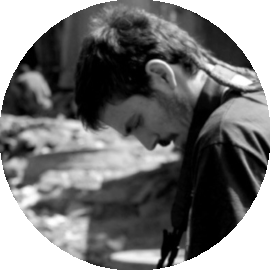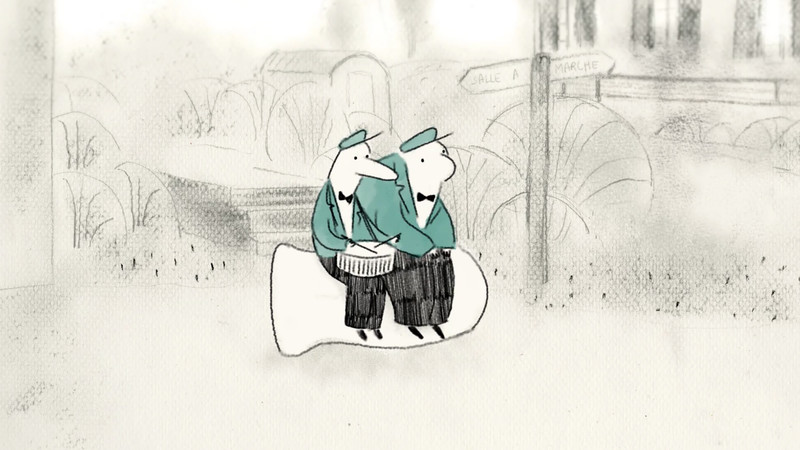 A village square. Some musicians. A preparation. A bird. Competitions. A stain on a uniform. Then the feast.
A village square. Some musicians. A preparation. A bird. Competitions. A stain on a uniform. Then the feast.
Chitrakathi
After Flame
The Stone Carver
Harvest
New Year
Land without Evil (Honorable Mention)
Dvandva (द्वंद्व)
FCAT & Heritales @ Evora – Portugal (22nd-23rd of February 2019)
- Target Audience: General public, youth, adults, seniors, researchers, cultural programmers.
- Day: 22-23 of February 2019
- Time: 18.00, 11.00
- Duration: 90min, 120min
- Location 1: Sala dos Leoes da Camara Municipal de Evora
- Location 2: Sala Multiuso do Forum do Centro de Arte e Cultura de Fundaçao Eugenio de Almeida
- Registration: Not required but limited space
Heritales @ CAE of Navalcarnero – Spain (15th of February 2019)
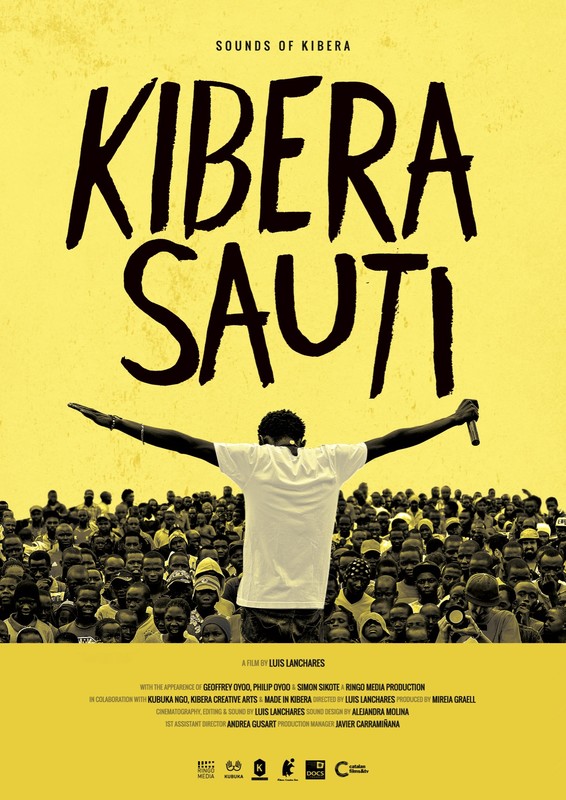 Sounds of Kibera
Sounds of Kibera
In Kibera (Nairobi), one of the biggest slums of the world, Simon, Philip and Geoffrey have created the collective MADE IN KIBERA (MIK). Their goal is to unite the numerous artists of Kibera and provide them with a space inside the tough conditions of the slum where they can grow. MIK is constructing a professional music and video studio that will help the local artists record their work in higher quality and, in order to promote it, they are preparing a massive event that is already bringing together all Kibera artists.
- Target Audience: General public, youth, adults, seniors
- Day: 15 of February 2019
- Time: 20.00
- Duration: 90 min
- Location: Auditorio del Centro de Artes Escénicas de Navalcarnero (Spain)
- Presence of the director: no
- Registration: Not required
- Extra Activities: Tertulia debate: María Zozaya, co-director of th Heritales – International Heritage Film Festival, since 2016 and Doctor and researcher in History CIDEHUS. Rocío Royo, Lda. en Derecho y gestora cultural of the Espacio C.
Aldera Velasca, Violista coordinator of the project DaLaNota and president of the platform REDOMI, web of organization musicsociology. Daniel Lovecchio, Co-diretor of the teatre TylTyl (Navalcarnero)
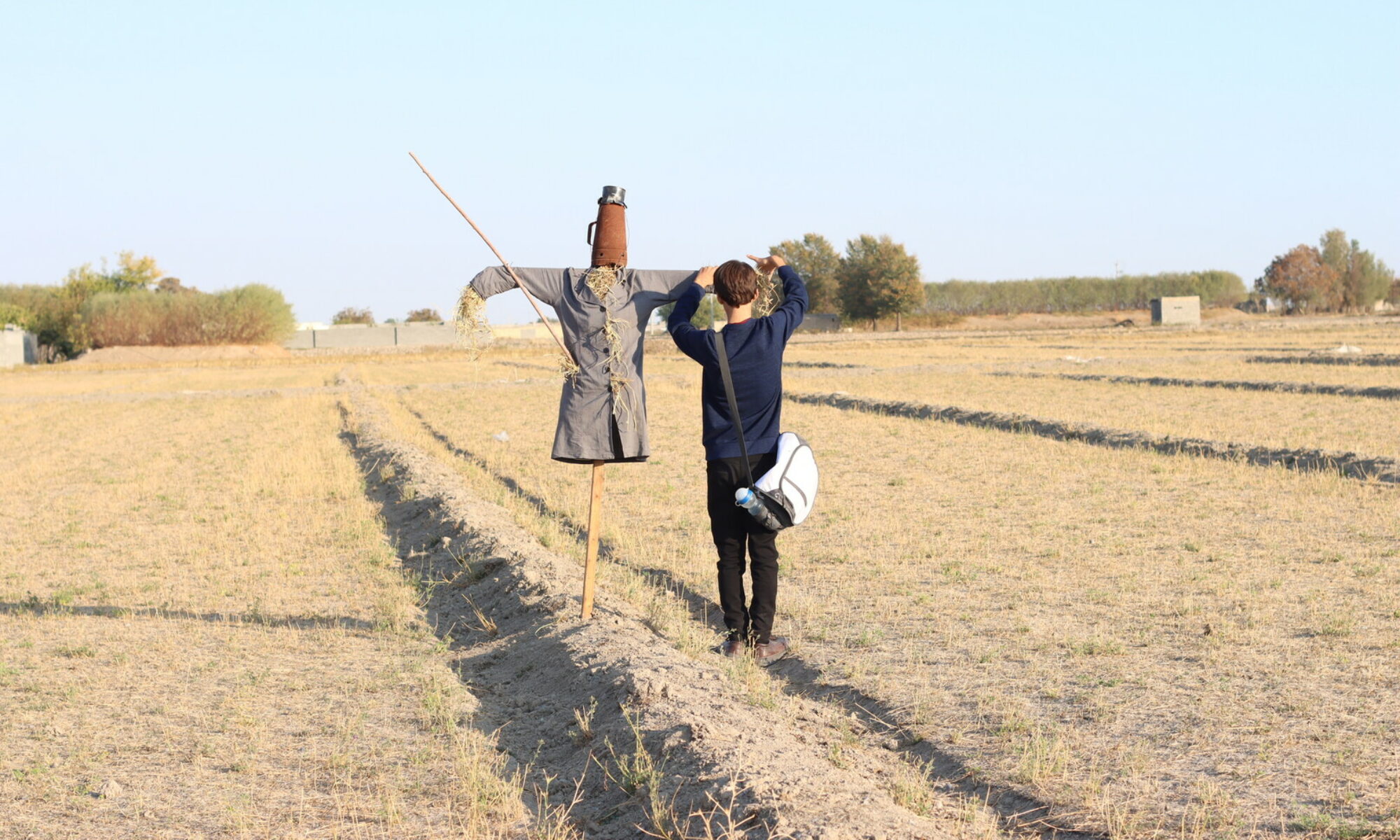


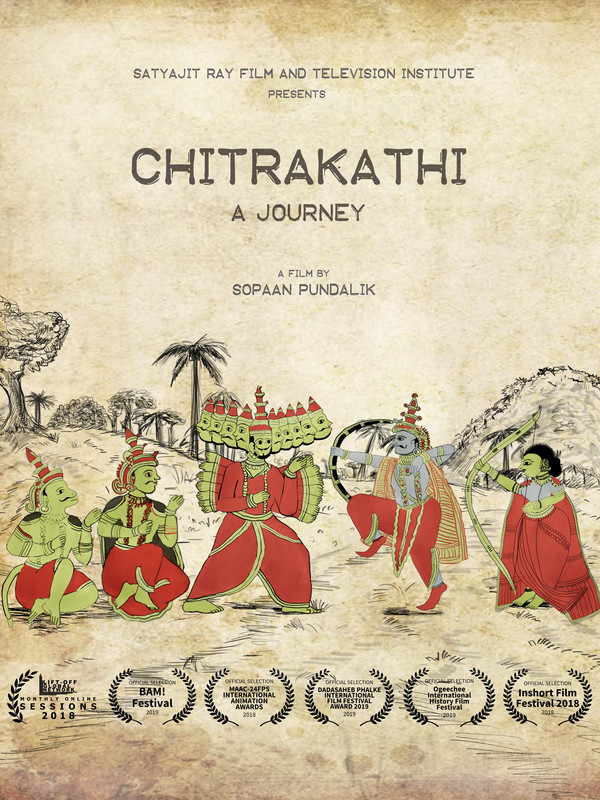
 Sopaan Pundalik
Sopaan Pundalik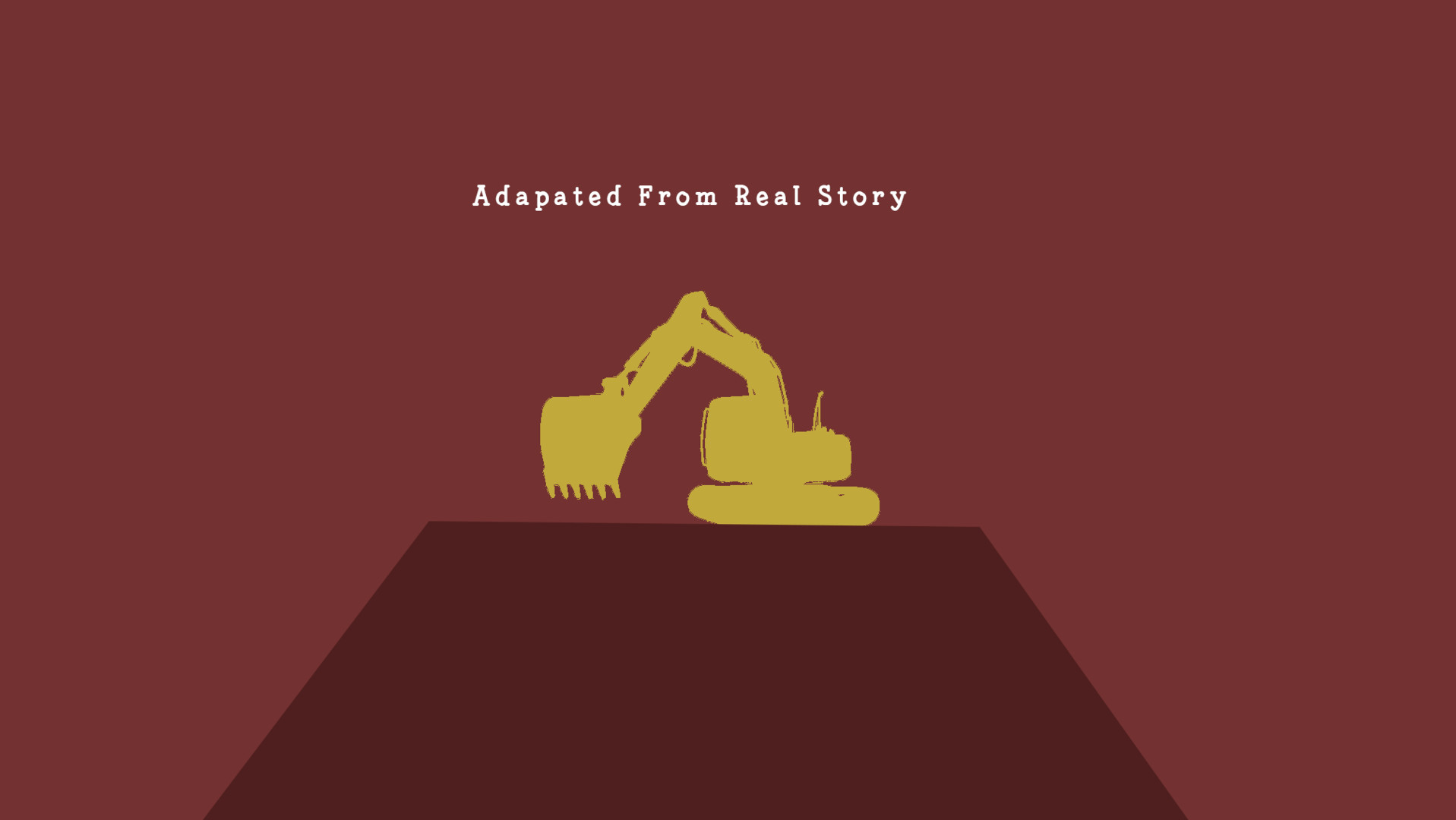

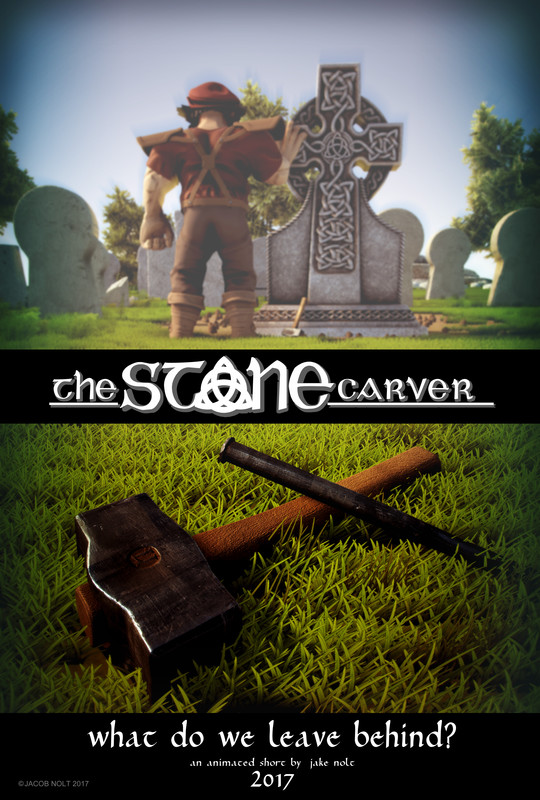

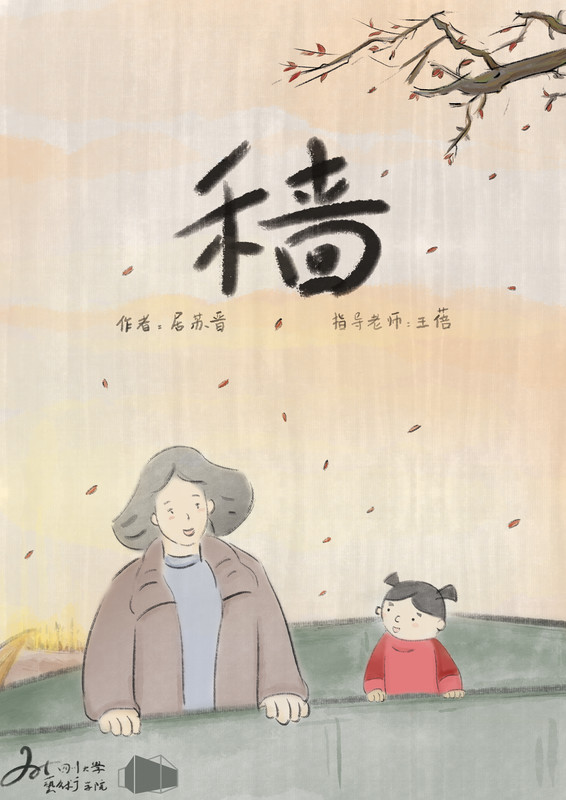

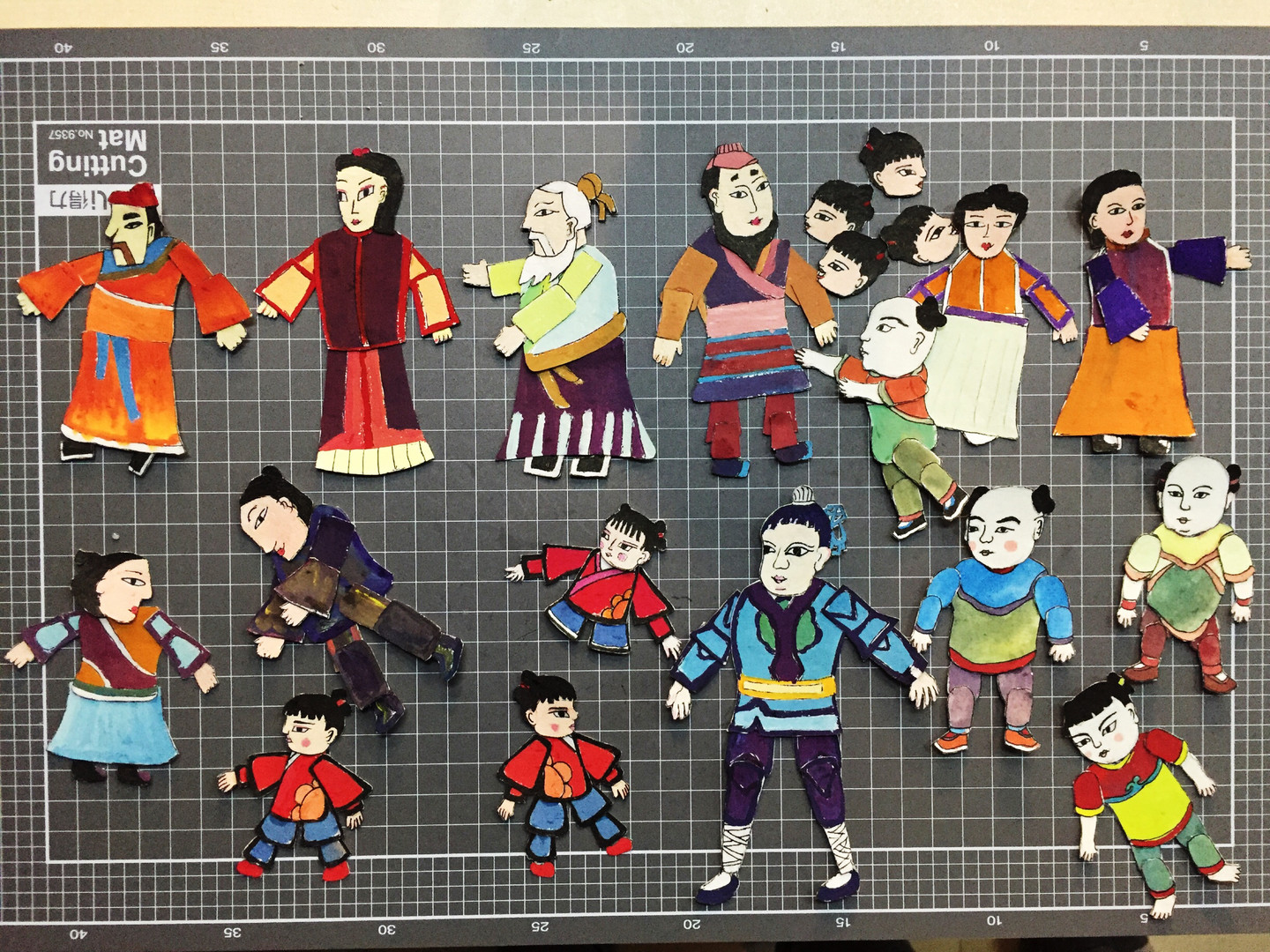

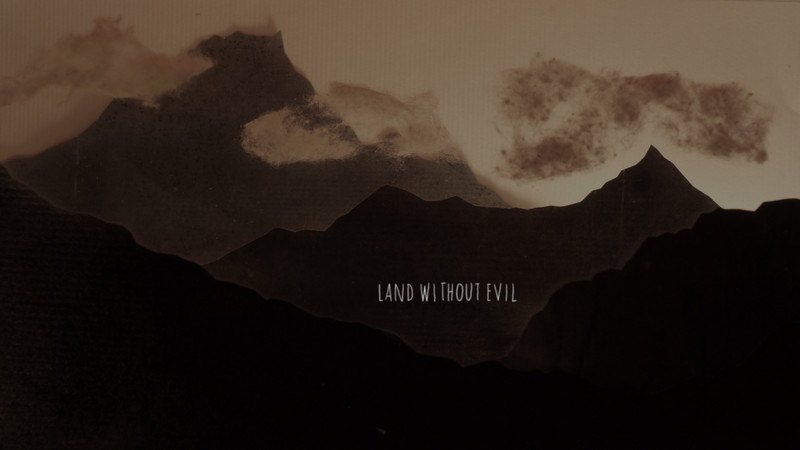

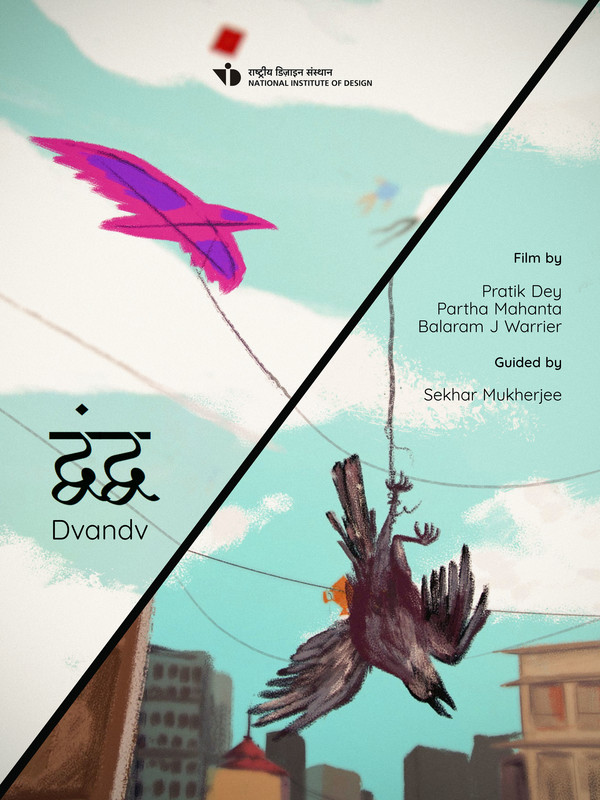

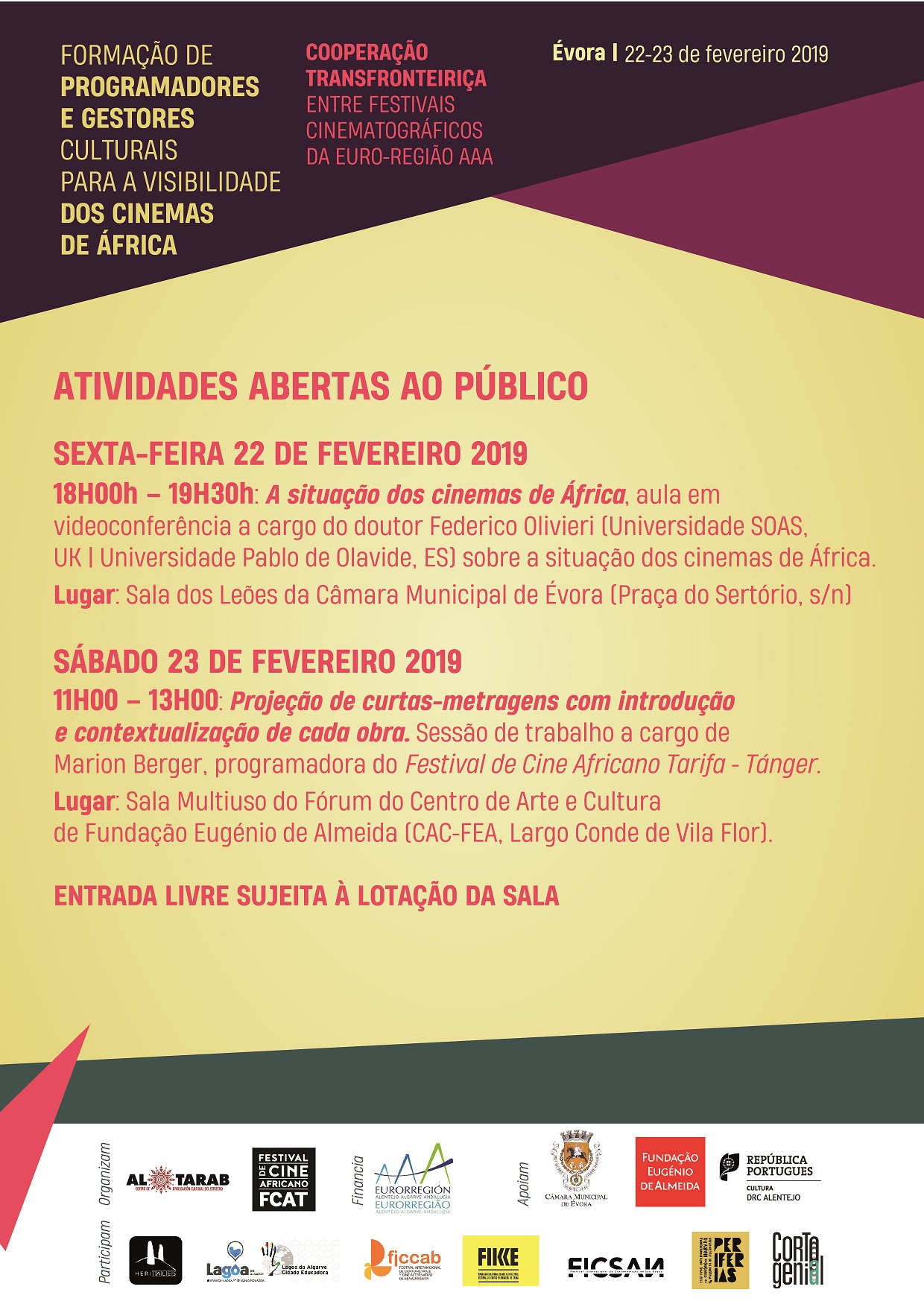 Training for cultural programmers and managers for the visibility of African cinema
Training for cultural programmers and managers for the visibility of African cinema



